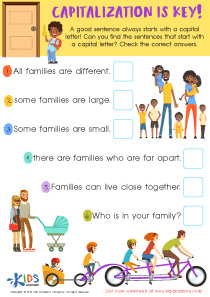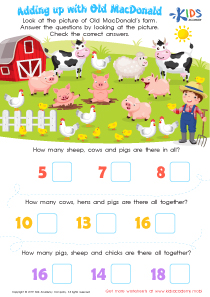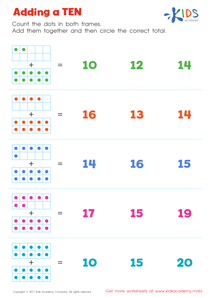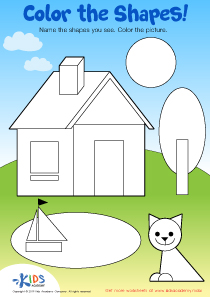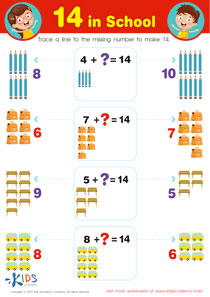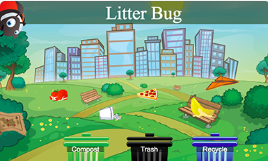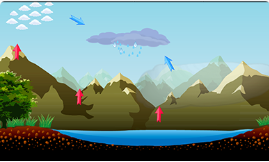Social Studies Lessons | Good Citizenship
5 results
Good Citizenship Lessons offer a fun and interactive way for children in Preschool, Kindergarten, Grade 1, Grade 2, and Grade 3 to learn about being a good citizen. These engaging worksheets, educational videos, and assessment quizzes will teach children the importance of showing respect, following rules, and being kind to others. These lessons will encourage children to be responsible, honest, and caring members of their communities. Through hands-on activities and engaging discussions, children will develop a deeper understanding of what it means to be a good citizen. With Good Citizenship Lessons, children will be on their way to becoming model citizens who make a positive impact in the world.
Good Citizenship Lessons for Children: How They Benefit Their Studies
Good Citizenship Lessons are specially designed to help children understand their responsibilities as good citizens. These lessons teach children how to behave in public, respect authority, and especially how to become a responsible member of society. Today, these lessons have become more critical than ever, as parents and educators seek to promote positive values in children from an early age.
Interactive worksheets and educational videos are some of the teaching materials used in Good Citizenship Lessons. These resources have proven beneficial to children in several ways. In this article, we’ll explore some of the ways that Good Citizenship Lessons can benefit kids in their studies.
Promoting Values
One of the biggest benefits of teaching Good Citizenship to young children is that it promotes positive values. Values such as honesty, responsibility, kindness, and respect are taught to children through these lessons. These values are essential in helping the child become a better and more responsible member of society.
Moreover, academic studies have shown that promoting positive values leads to improved academic performance. Children who learn to respect their classmates and teachers, for instance, are more likely to listen in class and take their studies seriously. This, in turn, leads to better grades and academic performance.
Developing Social Skills
Good Citizenship Lessons do more than promote positive values, though. They also help children develop various social skills. Children learn how to collaborate with their peers and work together to achieve their goals. They also learn how to communicate effectively, how to listen and respond to others, and how to resolve conflicts peacefully.
These social skills are highly beneficial to children in their studies. For instance, when working on group projects, children who have good collaboration and communication skills are more likely to complete work faster and to a higher standard. These skills also help children make friends in school, which leads to more social support, higher self-esteem, and ultimately better grades.
Improving Academic Performance
Good Citizenship Lessons can help improve academic performance in many ways. For example:
• Good Citizenship Lessons help develop self-discipline as children learn that good behavior can lead to rewards while poor behavior results in consequences. This self-discipline then translates to improved academic performance.• Good Citizenship Lessons promote self-efficacy, or the belief that one has the ability to succeed. Students who have high self-efficacy are more confident and, therefore, perform better academically than those who lack self-confidence.• Good Citizenship Lessons strengthen the relationship between student and teacher.

